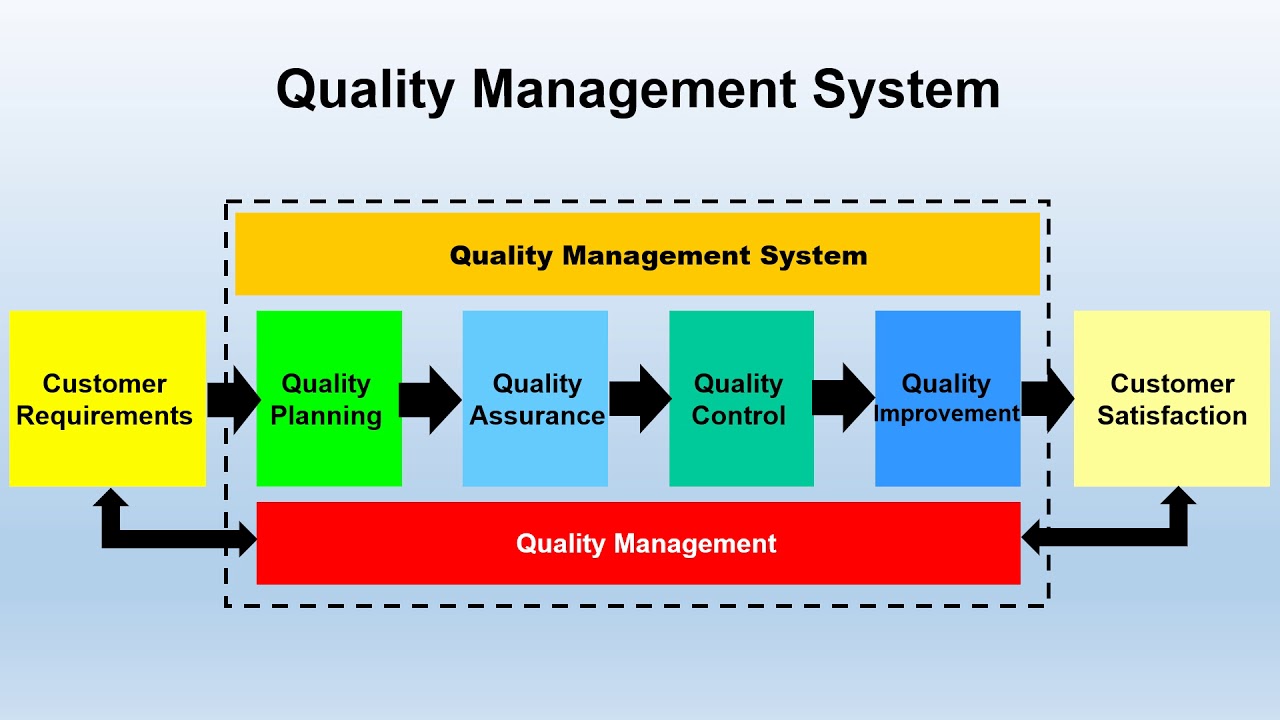

Uncover the Common Causes of Skin Pigmentation
Skin pigmentation or changes in skin color can occur for a variety of reasons. Some causes are natural, while others may indicate an underlying medical condition. Understanding the most common causes of skin pigmentation:
Hormonal changes
Hormonal fluctuations can cause an overproduction of melanin, often leading to melasma or chloasma. It appears as irregular, uneven patches of brown skin, usually on the face. The pigmentation usually disappears after pregnancy but can become permanent without adequate sun protection.
Inflammation
Inflammation of the skin can activate melanocytes, causing more melanin to be produced as part of the healing process. It usually appears as hyperpigmentation or dark spots at the site of inflammation. The dark areas usually disappear over time as the inflammation subsides. However, repeated scratching or irritating the skin can perpetuate pigmentation changes.
Melasma
Melasma, also called chloasma, appears as large patches of brown to gray pigmentation on the cheeks, nose, chin, and forehead. Sun exposure worsens this type of hyperpigmentation. Melasma usually goes away after giving birth or stopping taking hormones, but it takes a while to go away and can become permanent without sun protection.
Medicines
Some medications are associated with increased skin pigmentation as a side effect. Drug-induced hyperpigmentation usually resolves when the medication is stopped. Oral contraceptives, antimalarials, tetracyclines, chemotherapy, and some psychiatric drugs can cause overproduction of melanin. The discoloration appears as grayish-brown spots distributed on sun-exposed areas or all over the body.
Chemical exposure
Chemicals interacting with melanin production can cause skin discoloration through melasma-like spots, diffuse darkening, or uneven pigmentation. Hydroquinone, a common ingredient in skin lighteners, can paradoxically cause disfiguring dark defects called exogenous ochronosis when used for long periods. Arsenic, phenols, and some antibiotics are other chemicals associated with increased skin pigmentation. Pigmentation changes may be permanent if exposure is severe.
Injuries and scars
According to shakura review, changes in skin pigmentation often occur during the wound-healing process after surgeries, burns, trauma, cuts, abrasions, or other tissue damage. It usually goes away within a few months as the skin heals, but it can become permanent, especially if the inflammation returns or the skin is repeatedly irritated.
Skin aging
As skin ages, it accumulates damage caused by decades of sun exposure. Areas of uneven pigmentation or dark spots are characteristic of chronological and photoaging. Lentigines, called liver spots or age spots, gradually appear as flat, brown, or black spots on sun-exposed skin. They are formed when melanin and melanocytes clump together.
End
Consultation with a dermatologist makes it possible to make the correct diagnosis and prescribe treatment in case of unexplained changes in pigmentation.

How can a quality management system be effective for your business?
Obtaining an ISO quality management certification can give you more dividends for your business. It helps to improve productivity, efficiency, and customer satisfaction. However, the benefits of ISO will go far beyond your operations to every business feature. It will enhance the strategic planning, sales, and marketing of your business. ISO is a non-governmental organization that helps to make standards of safety and quality of systems and products. When you need to clear objectives for your business, explain them to your employees and create a standard process.
Determine the chances and risks.
The best way to manage quality problems is to avoid them from happening in the first place. To achieve the goal, you have to know the risks to your business and control them in a structured way. The risk leads to effective decision-making and relationships with employees, customers, and suppliers. ISO will ask you to check for businesses and think about their advantage in an organized fashion.
Enhance employee performance
Employee morale will enhance when they know you are committed to reducing waste. It will provide the highest quality services and products. ISO needs you to do tasks, remove skill gaps in your business, and communicate your quality policies to employees.
Increase your sales efforts and marketing.
You can think of how often you have seen companies promote their ISO certification. They include it in their advertising, website, and a banner outside their building. An iso consultant singapore is recognized internationally for achieving ISO certification. It supports your marketing and helps to improve your sales. There are more prominent companies that need suppliers to be ISO-certified. The certification is essential when you want to enter foreign markets.
Avoid problems from happening.
Sometimes, businesses repeat the same mistakes because they need a system to record and correct the problems as they occur. ISO requires you to manage careful records of problems, know the root cause, and develop lasting solutions. The result is better quality, less waste, and lower costs.

Control over the business
ISO needs you to measure, monitor, evaluate, and analyze the effectiveness of your quality management system. When you do that, you will make performance metrics that judge how well you are doing and where you must improve. These are powerful tools for getting insight into your business and making good decisions.
It is true in the industry where your services and products affect the lives of many people. Quality must be the benchmark in every organization in the industry. With the quality, you will show your stakeholders that your services and products are safe and solely for their purpose.












